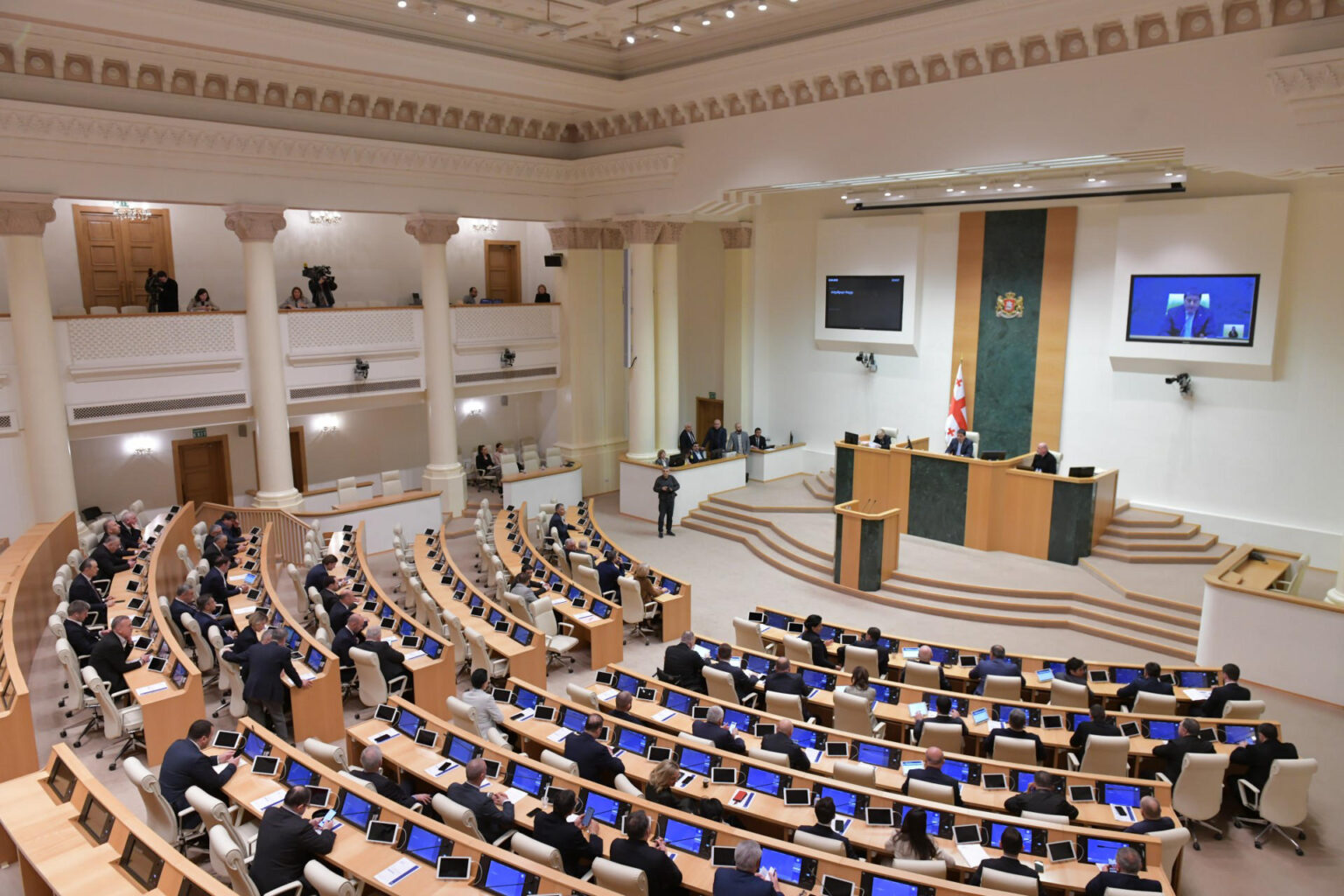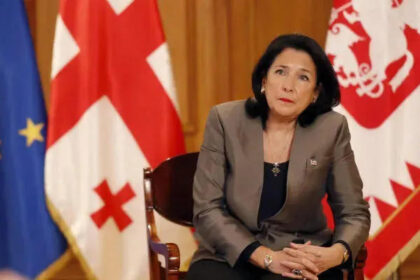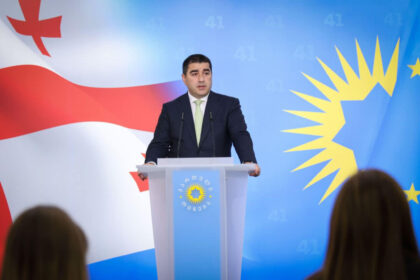**Government Tightens Control Over Foreign Funding in Georgia**
The Georgian Parliament has taken swift action to pass a new legislative package, which will significantly restrict the ability of international donor organizations to issue grants without government approval. The move comes as part of a broader effort to strengthen the country’s control over foreign funding and prevent potential corruption.
According to reports, 80 deputies unanimously supported the bill, which also prohibits international organizations from hosting public events in favor of political parties. This new legislation marks a significant shift in Georgia’s approach to managing foreign grants, placing stricter regulations on the receipt and issuance of such funds.
**What Does this Mean for International Donors?**
Under the new law, any grant issued by an international donor organization will require explicit approval from the government or an authorized representative. Failure to obtain this consent will result in penalties, including fines that are double the amount of the grant itself. The Anti-Corruption Bureau has been tasked with monitoring the issuance and receipt of prohibited grants.
While this move may be seen as a way to curb corruption, critics argue that it could also limit the ability of civil society organizations to access funding for important projects. The government’s decision to exempt international sports associations and individual scholarships from the new rules, however, suggests that certain areas will continue to receive support without the need for prior approval.
**Implications for Georgia’s Civil Society**
The implications of this new law on Georgia’s civil society are significant. Many organizations rely heavily on foreign funding to carry out their work, and the added bureaucratic hurdle could create difficulties in accessing necessary resources. At the same time, the government’s efforts to increase transparency and accountability in grant management may be seen as a positive step towards strengthening good governance practices.
As this new legislation takes effect, it will be interesting to see how international donor organizations adapt to the changing landscape. Will they find ways to comply with the new regulations, or will they scale back their involvement in Georgia? Only time will tell, but one thing is certain: this development marks a significant shift in the country’s approach to managing foreign funding.
Read More @ www.interpressnews.ge












